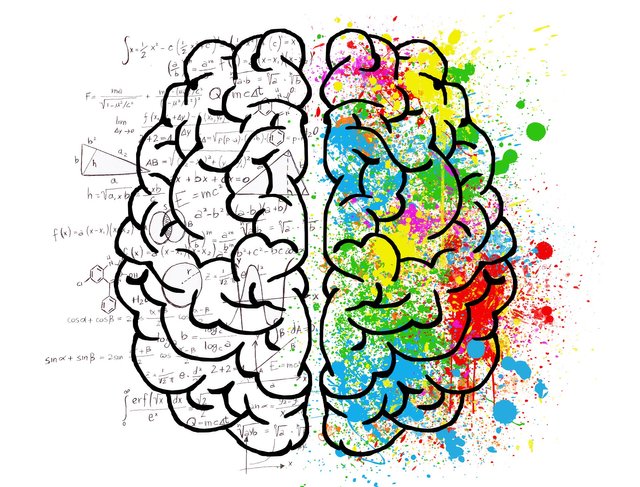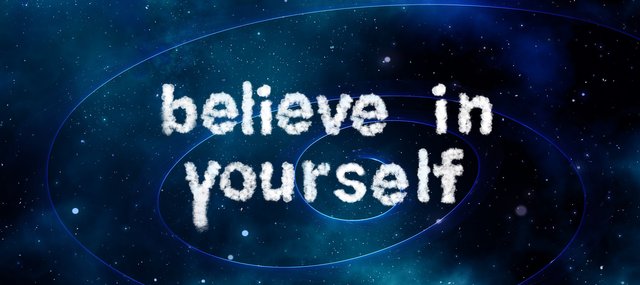
It sounds simple enough. Just rattle a few things off that you would like to have, but it is far from the truth. It's intriguing though and begs deep meditation. To understand human nature, we need to know basic human 'wants'.
We could call them motives, appetite, a state of tension which can only be reached in particular ways. If we wish to understand why man feels or behaves in some particular way, the first thing to do is to discover which of these primary wants is expressing itself through feelings or behavior. These primary wants might seek satisfaction in many different ways. A timid animal like a squirrel is taken from its nest and put on a patch of grass. Instead of resting, it will dart back to its home. A bit higher up the scale of complexity, consider a dog taken from its home and dropped off in a distant place. He will run miles on complicated routes, perhaps only reaching its home after weeks. Now consider man. In order to earn an income can only find work in a foreign country. He might suffer from homesickness and longs to return home. He works long hours and denies himself pleasures. The dominant motive is always to save enough money in order to return home. The 'want' here is a desire to return.

These examples show that how a primary want may express itself in any way, ranging from simplistic and instinctively to complex. 'Wants' may be and often are unconscious. This means that the person concerned may be unaware of the ' want' he's trying to satisfy. As long as any of our powerful, primary wants remains unsatisfied we shall always be more or less unhappy. The 1st practical use of psychology is to enable us to recognize our needs and wants so that we can then go about, finding real satisfaction. The 2nd use is to enable us to recognize the wants of other people as to understand why they feel and believe as they do.
An instinct is an inherited, inborn tendency of the body to behave in certain circumstances, in a particular manner. Purely instinctive behavior does not need to be learned, it's inborn. It's not intended, but is automatic and involuntary. It is independent of thought, intelligence, experience or training. Every instinct is associated with a primary need or want. These are the great primary motives in human nature and the mainsprings even among civilized people, like you and me. Every motive or want must have been originally associated with an instinct.

Let's look at a list of wants and their accompanying feelings :
Bodily comfort —hunger, cold, restlessness etc.
Sense of security — paralysis, fear.
To escape — panic, fear.
To be noticed — assertiveness, vanity, wishing to be admired.
To hurt or injure— anger, animosity, hatred.
Overcome and dominate — desire to conquer.
To attract — desire to interest and please, longing.
To protect — tenderness.
Company — loneliness, isolation.
To be like others — administration, sense of being odd.
Catch and capture — ' hunting feeling'
To understand — curiosity
To return to familiar places, people — attachment, conservatism
Everyone of us, if normal, can be happy only if we strive to more or less satisfying good 'wants' or needs.

Sources : Excerpts from Psychology for everyone ( AE Meander), Professor W. McDougall, Own content, Pixabay.
Great words to build self confidence
Downvoting a post can decrease pending rewards and make it less visible. Common reasons:
Submit
Upvoted.
DISCLAIMER: Your post is upvoted based on curation algorithm configured to find good articles e.g. stories, arts, photography, health, etc. This is to reward you (authors) for sharing good content using the Steem platform especially newbies.
If you're a dolphin or whales, and wish not to be included in future selection, please let me know so I can exclude your account. And if you find the upvoted post is inappropriate, FLAG if you must. This will help a better selection of post.
Keep steeming good content.
@Yehey
Posted using https://Steeming.com condenser site.
Downvoting a post can decrease pending rewards and make it less visible. Common reasons:
Submit